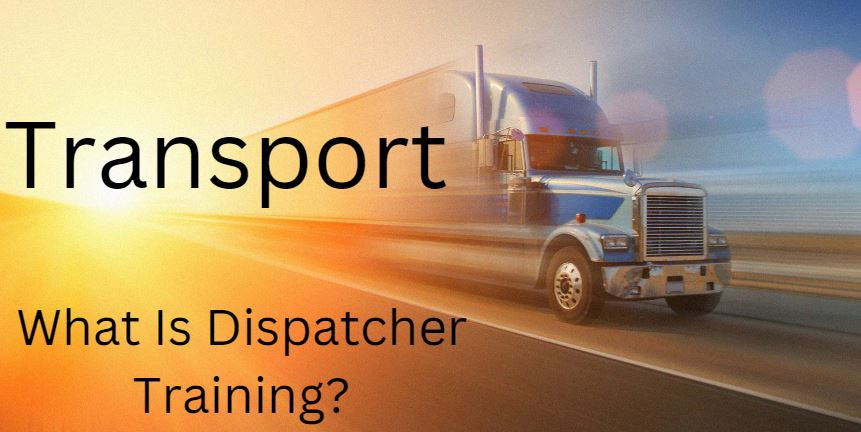
Transport – What Is Dispatcher Training?
Dispatcher training aims to prepare public safety workers to handle a variety of calls and situations. A dispatcher is a communications worker who receives and transmits information in order to coordinate operations. This may include the coordination of the operation of vehicles and personnel. During a call, a dispatcher may be the first point of contact.
Public safety telecommunicators are the first point of contact for a wide variety of calls
As the first line of defense, public safety telecommunicators are often the first people who receive 911 or other emergency calls. Their job is to handle the calls and communicate effectively with callers, controlling the situation over the phone. They handle calls ranging from minor problems to major emergencies.
These communications specialists have many hidden superpowers. They multitask under extreme pressure, type faster than the speed of light, and anticipate every need for their officers. They have to be able to accurately specify where an officer is at any given time. Dispatchers need to know who’s “here” to quickly get to the scene, and they must be able to give supervisors information on all their staff.
911 calls are handled by large cities. However, in some cases, the county is responsible for handling these calls. These PSAPs are required to handle calls in a certain county, but some municipalities opt out. These PSAPs route 911 calls to the nearest police station or fire station.
Dispatcher training teaches them how to handle a wide variety of calls
Dispatchers must be able to multitask during stressful situations. They must be able to answer calls, gather vital information, coordinate responders, and use camera feeds and mapping software. They must also be good listeners and have problem-solving skills. Dispatcher training involves rigorous classroom instruction and hands-on training, as well as psychological evaluation.
Training is essential, but it’s not a quick fix. Training is an ongoing process, and the goal of the program is to develop dispatchers’ skills consistently. Dispatchers should work closely with emergency response agency supervisors to understand their capabilities and policies.
Public safety dispatchers are vital to every public safety agency. They serve as the front line for the agency, and their jobs are extremely stressful. Despite the importance of the role, many public safety dispatchers neglect to seek training. Fortunately, agencies are now able to provide customized training courses that teach dispatchers how to handle a variety of calls. Moreover, training courses are highly interactive, so students can immediately put what they have learned to practice.
Prerequisites for dispatcher training
Dispatchers are in a very high-pressure and sensitive field. They take several calls a shift, and many of them can be extremely stressful or dangerous. Therefore, applicants should be able to handle these types of situations. Fortunately, there are many training programs available to get you ready for dispatcher work.
Prerequisites for dispatcher training vary by state. In New York, a dispatcher must complete the Emergency Services Dispatch Training Evaluation Program, which consists of 200 hours of classroom training and daily written assessments. New York State requires that dispatchers complete this training within eighteen months of their first appointment, and those who work fewer than 20 hours a week must complete the classroom training within twelve months.
The National 911 Office oversees the 911 emergency response system in the United States. In each state, Public Safety Answering Points are located in local cities or counties. Each state sets its own standards for new 911 dispatchers, but most require applicants to have at least a high school diploma or GED. Also, most agencies require a valid state driver’s license.
Benefits of dispatcher training
Getting dispatcher training is a good idea for many reasons. First of all, it helps you develop the necessary skills for the job. Dispatchers spend most of their time talking to clients and drivers, so good communication skills are important. They also need to have excellent computer skills, as they use several types of software to keep track of their drivers’ progress and routes. In addition, the job requires excellent problem-solving skills.
Once an employee completes dispatcher training, they will have a chance to work independently on various radio channels. After spending two to four years, they will have the opportunity to supervise and train new dispatchers. They will also have the opportunity to compete for the Communications Supervisor position, which involves overseeing a squad of seven to fifteen dispatchers. This position oversees the daily operations of the dispatch floor and ensures that the Command Staff is informed of emergency situations.
Dispatchers can also help small carriers find more loads, saving them time and energy. By sifting through available loads, they can match them to carriers’ locations, pay needs, and more. This means more money and fewer empty miles. Ultimately, dispatchers are worth anywhere from five to ten percent of a carrier’s total revenue.